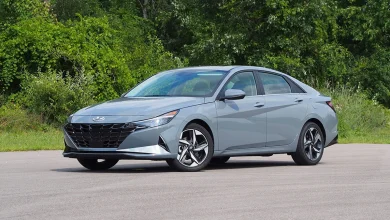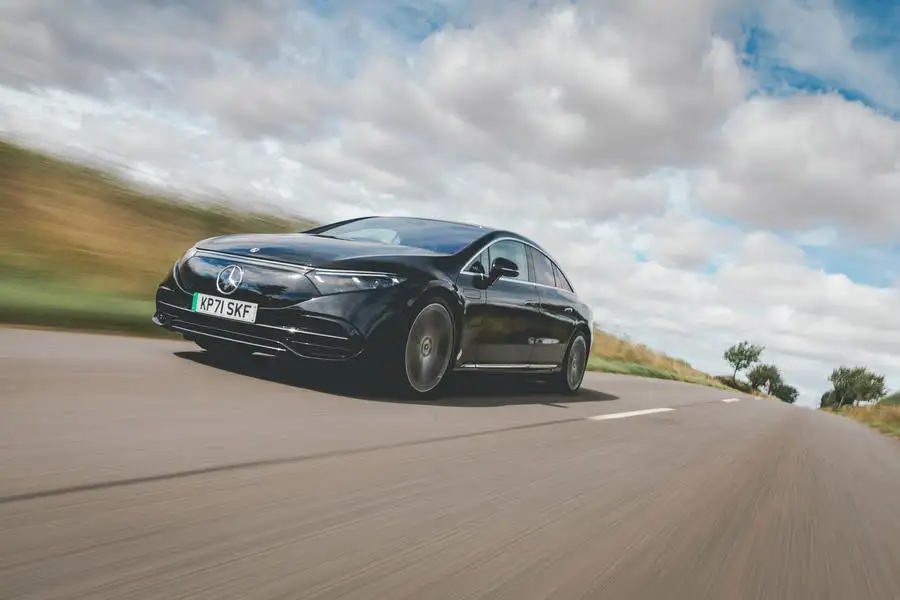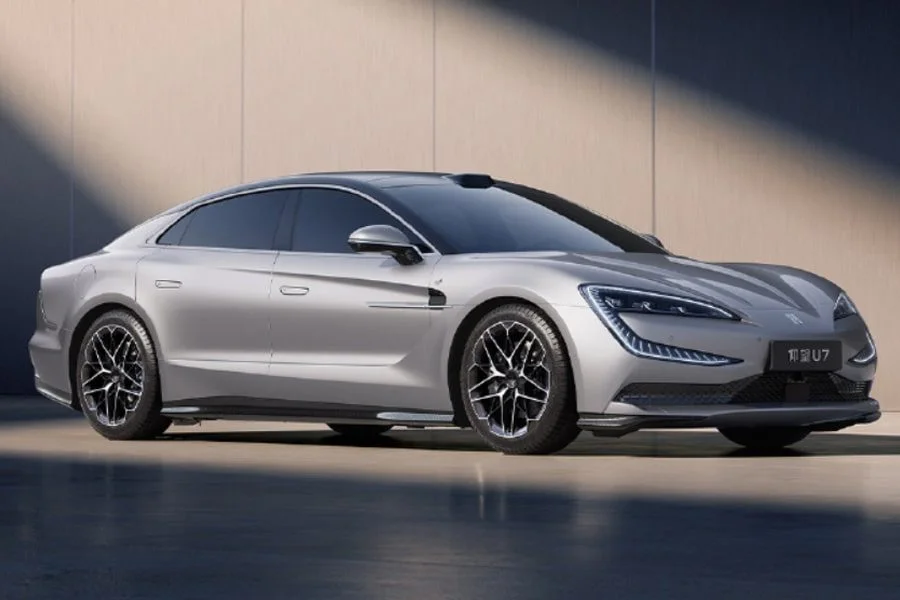Luxury vs. Economy: Which Car Segment Offers Better Value?
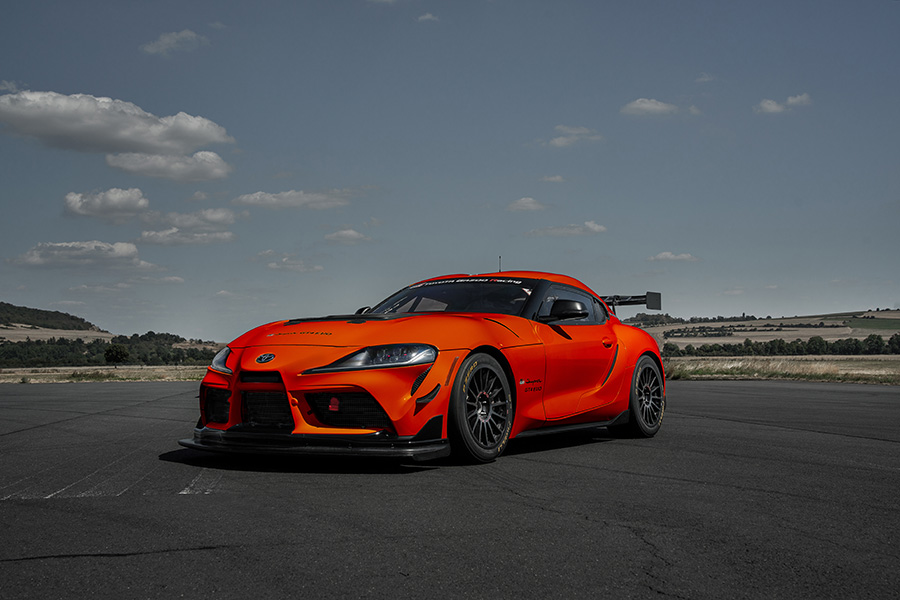
When shopping for a new car, one of the key decisions to make is whether to opt for a luxury vehicle or an economy car. Both segments offer distinct advantages, but the value you get from either depends on your priorities, lifestyle, and long-term financial goals. In this article, we will compare luxury and economy cars in terms of performance, features, costs, and overall value to help you make an informed decision.
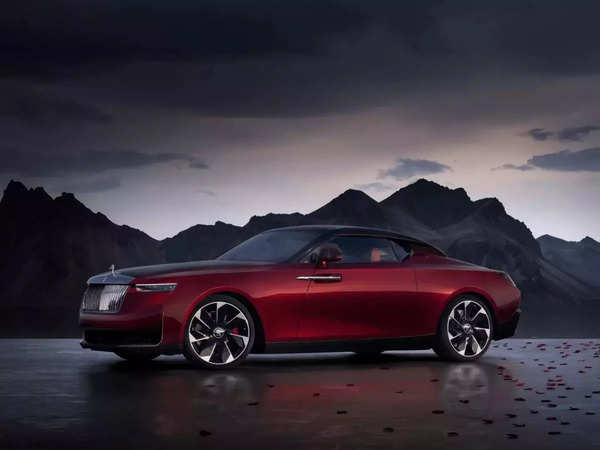
Performance and Driving Experience
Luxury Cars: Power and Precision
Luxury vehicles are renowned for their superior performance. Equipped with high-end engines, advanced suspension systems, and premium materials, they offer a smoother, more powerful driving experience. Brands like BMW, Mercedes-Benz, and Audi deliver performance that economy cars can’t match, particularly when it comes to acceleration, handling, and braking.
Additionally, luxury cars often feature cutting-edge technology like adaptive cruise control, all-wheel drive, and noise-cancellation features, providing a serene driving environment. For enthusiasts who appreciate refined engineering and superior comfort, luxury vehicles offer a more exhilarating experience.
Economy Cars: Practical and Efficient
On the other hand, economy cars focus on practicality and fuel efficiency. These vehicles are designed for everyday commuting and city driving, offering reliable performance without the hefty price tag. Brands like Toyota, Honda, and Hyundai excel in this segment, delivering affordable, fuel-efficient options that prioritize cost-effectiveness.
While economy cars may not offer the same level of performance or luxury features, they provide solid reliability, ease of handling, and are perfect for drivers looking for a budget-friendly, functional car.
Features and Technology
Luxury Cars: Premium Features
Luxury vehicles are packed with high-end features and cutting-edge technology. From premium leather interiors to advanced infotainment systems, luxury cars provide an array of amenities that enhance comfort and convenience. Features like heated seats, premium sound systems, ambient lighting, and advanced driver-assistance systems come standard in many luxury models.
Moreover, luxury cars tend to receive the latest technological advancements first, such as semi-autonomous driving features and augmented reality navigation systems. These vehicles are also designed with superior materials, ensuring a plush, high-quality finish that exudes sophistication.
Economy Cars: Essential Functionality
While economy cars may lack the opulence of luxury vehicles, they come equipped with the essentials. Many modern economy cars offer impressive technology packages, including touchscreen infotainment systems, smartphone integration (Apple CarPlay, Android Auto), and basic safety features like rearview cameras and lane-keeping assistance.
The features in economy cars are practical and sufficient for most drivers’ needs. However, they are typically built with cost-effective materials, which means they may not have the same longevity or refined feel as luxury cars.
Costs: Initial Price vs. Long-Term Value
Luxury Cars: Higher Price, Greater Depreciation
One of the most significant drawbacks of luxury cars is their high upfront cost. Luxury vehicles come with premium price tags, and the cost of ownership doesn’t stop at the dealership. Maintenance, insurance, and repair costs are significantly higher for luxury cars, especially since they require specialized parts and service.
Additionally, luxury vehicles tend to depreciate faster than economy cars. While they hold value initially, luxury cars can lose a significant portion of their worth within the first few years of ownership.
Economy Cars: Affordability and Efficiency
Economy cars are the clear winners when it comes to affordability. With lower purchase prices, reduced insurance rates, and better fuel efficiency, they offer significant savings both upfront and over time. Economy cars are built with cost-conscious consumers in mind, making them ideal for those who prioritize value over luxury.
Economy vehicles also tend to depreciate at a slower rate than luxury cars, meaning they retain their value better in the long term. This makes them a solid investment for budget-conscious drivers looking for reliable transportation with minimal financial burden.
Which Offers Better Value?
Assessing Your Needs
The answer to whether luxury or economy cars offer better value ultimately depends on your priorities. If you’re looking for premium comfort, cutting-edge technology, and superior performance, and you’re willing to pay a higher price for it, a luxury vehicle will provide value in terms of experience and status. However, the long-term financial commitment can be substantial due to depreciation and high maintenance costs.
On the other hand, if your goal is to maximize savings while maintaining reliability and functionality, an economy car offers the best value. These vehicles are designed to get you from point A to point B efficiently, with low operational costs and better long-term value retention.
Conclusion
Both luxury and economy cars have their merits, but the value each offers depends on what you’re seeking in a vehicle. Luxury cars deliver unmatched performance, comfort, and status, while economy cars provide practical, affordable solutions for everyday driving. Carefully evaluating your needs, budget, and lifestyle will help you determine which car segment offers the best value for you.


